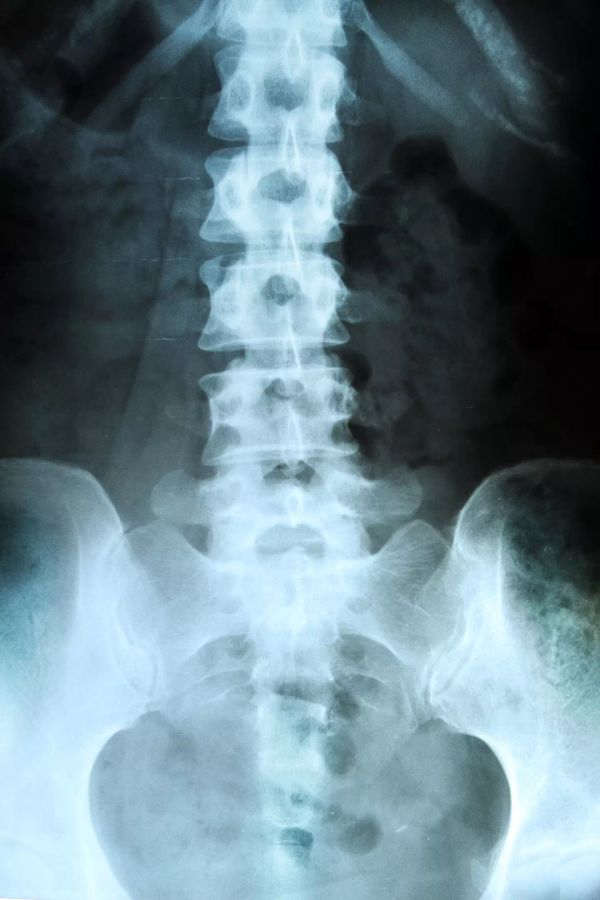According to the MS Trust, multiple sclerosis (MS) is two to three times more common in women than in men, and studies suggest that the prevalence of MS in women is increasing. Today, we will explore some little-known symptoms of MS that women should look out for.

Understanding MS
MS is a lifelong condition that can cause serious disability in some cases. It is an autoimmune condition where the immune system mistakenly attacks the brain or spinal cord. The immune system specifically targets the layer called the myelin sheath, which surrounds and protects the nerves. This damage to the sheath slows down or disrupts the transmission of messages along the nerves.

Common Symptoms of MS
MS can manifest in a variety of ways and can affect any part of the body. Some of the main symptoms include:
- Fatigue
- Difficulty walking
- Vision problems, such as blurred vision
- Bladder control issues
- Numbness or tingling in different parts of the body
- Muscle stiffness and spasms
- Problems with balance and coordination
- Issues with thinking, learning, and planning

Unique Symptoms of MS in Women
It is interesting to note that MS symptoms can be different in women compared to men. WebMD explains that diseases affecting the immune system tend to be more severe in men. However, when it comes to the primary progressive form of MS, both men and women are equally affected.
Menstrual Problems: Women with MS often experience an increase in symptoms during premenstrual syndrome (PMS) and their period. The fluctuation of sex hormones, estrogen and progesterone, during this time can trigger both PMS and MS symptoms. Irregular menstrual cycles could also be linked to an MS diagnosis.

Pregnancy-Related Symptoms: MS does not reduce the chances of getting pregnant or carrying a pregnancy to term. Research shows that MS relapses decrease during pregnancy and return to pre-pregnancy rates within three months after giving birth. If you plan on getting pregnant, it is advisable to consult with your doctor about possible treatment options.
Menopause: Women may experience a worsening of MS symptoms after menopause. The significant drop in estrogen levels during this stage can lead to bladder problems, decline in sexual arousal, depression, fatigue, mood swings, and trouble concentrating.

It is important for women to be aware of these unique symptoms of MS. If you suspect that you may have MS or are experiencing any of these symptoms, consult with your healthcare professional for an accurate diagnosis and appropriate management.






